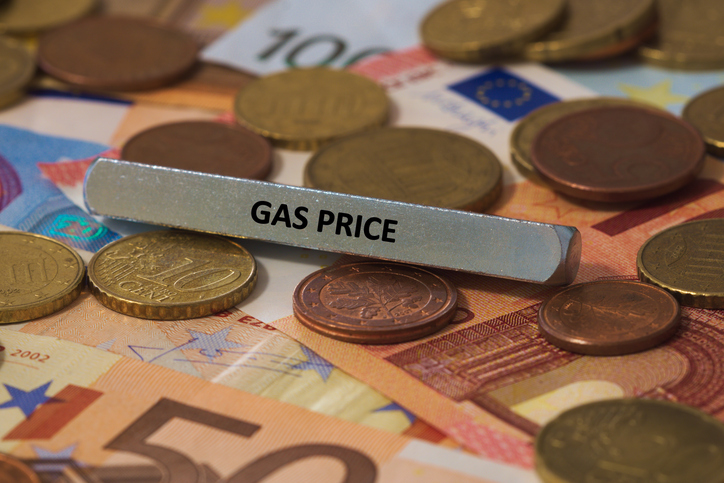Ryanair cut its forecast for full-year profit by 12 percent on Monday and warned that worse may follow if recent strikes across Europe continue to hit traffic and bookings.
Europe’s largest low-cost carrier has struggled with labour relations since it bowed to pressure to recognise trade unions for the first time last December. Industrial unrest has escalated in recent months as it makes slow progress in talks with some unions.
Shares in Ryanair, which is also counting the cost of stubbornly high fuel prices, fell by more than 13 percent and the company’s warning reverberated across sector. Rivals Lufthansa, Air France KLM and easyJet were down 1.5 percent to 5.9 percent.
The Irish airline now expects full-year profit, excluding start up losses in Laudamotion, to be between 1.1 billion euros ($1.28 billion) and 1.2 billion euros, compared with its previous forecast of 1.25 billion euros to 1.35 billion euros.
That would represent a 17-24 percent fall from the record 1.45 billion euro post-tax profit booked in its most recent financial year to March 31.
Ryanair added that it could not rule out further disruption, which may prompt another lowering of full-year forecasts and further cuts to its loss-making winter capacity.
While Ryanair said it was able to manage initial smaller strikes, two coordinated walkouts since August in Portugal, Germany, Spain, Belgium and the Netherlands hit passenger numbers, last-minute bookings, yields and forward air fares.
Those strikes, which also spread to some staff in Sweden and Italy, disrupted the plans of more than 100,000 customers.
Quoting a call management held with analysts on Monday, Barclays said Ryanair was working to resolve all union deals in the next 3-5 months.
CUSTOMER CONFIDENCE DENTED
Ryanair said progress in reaching collective labour agreements in Ireland, Britain and Italy has not been repeated in the five other EU countries, citing what it said was “interference” in negotiations.
“Customer confidence, forward bookings and Q3 fares have been affected, most notably over the October school mid-terms and Christmas in those five countries,” Ryanair CEO Michael O’Leary said in a statement.
Goodbody Stockbrokers analyst Mark Simpson said the warning came as a surprise, given that O’Leary said only two weeks ago that there was no change to guidance.
Analysts at Bernstein said the cut was the latest indication that the “low-cost wins, legacy loses” story may be coming to an end after budget rival easyJet last Friday gave a cautious outlook for next year despite benefiting from Ryanair’s woes.
Ryanair said fares in its second quarter to Sept. 30 had fallen by about 3 percent, compared with a 1 percent dip forecast previously, and said it now expects fares in the second half to fall by 2 percent.
Ryanair warned last week that the strikes were damaging business just as oil prices are rising. On Monday it said that its unhedged fuel costs have jumped, hitting 10 percent of volumes for its current financial year and the entire fuel bill of Austria’s Laudamotion, which it agreed to buy this year.
In an analysis last week, Goodbody said Ryanair was more exposed than its nearest rival and estimated that every 1 percent of jet fuel price increase would take 3.5 percent off Ryanair’s full-year 2020 forecast but only 2 percent off easyJet’s before any resulting adjustments to capacity growth or pricing.
To cope with the lower fares, higher oil prices and strike costs, Ryanair trimmed its winter capacity by 1 percent, removing aircraft from its Eindhoven, Bremen and Niederrhein bases, which will result in some more flight cancellations.
It said it would seek to minimise job losses by offering pilots vacancies elsewhere and consider unpaid leave and other options for cabin crew.
German services union Verdi, which represents about 1,000 cabin crew at Ryanair and took part in Friday’s walkout, called for a reversal of the “scandalous” cuts it said were targeted at bases where a large proportion of staff went on strike.
Shares in Ryanair were down 13.5 percent at 11.35 euros by 1405 GMT, their lowest in almost two years, having lost 27 percent since the industrial action ramped up in mid-July.






